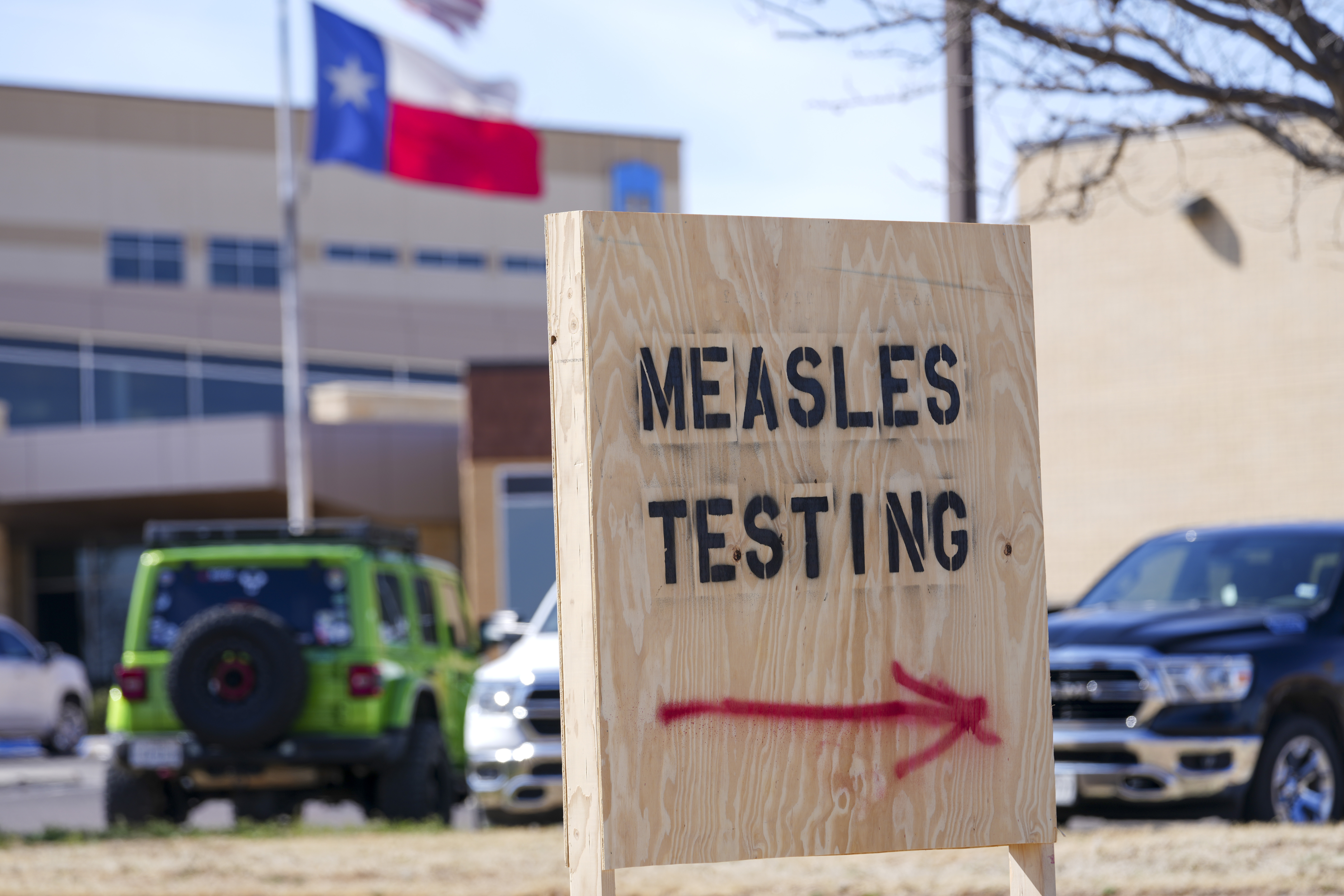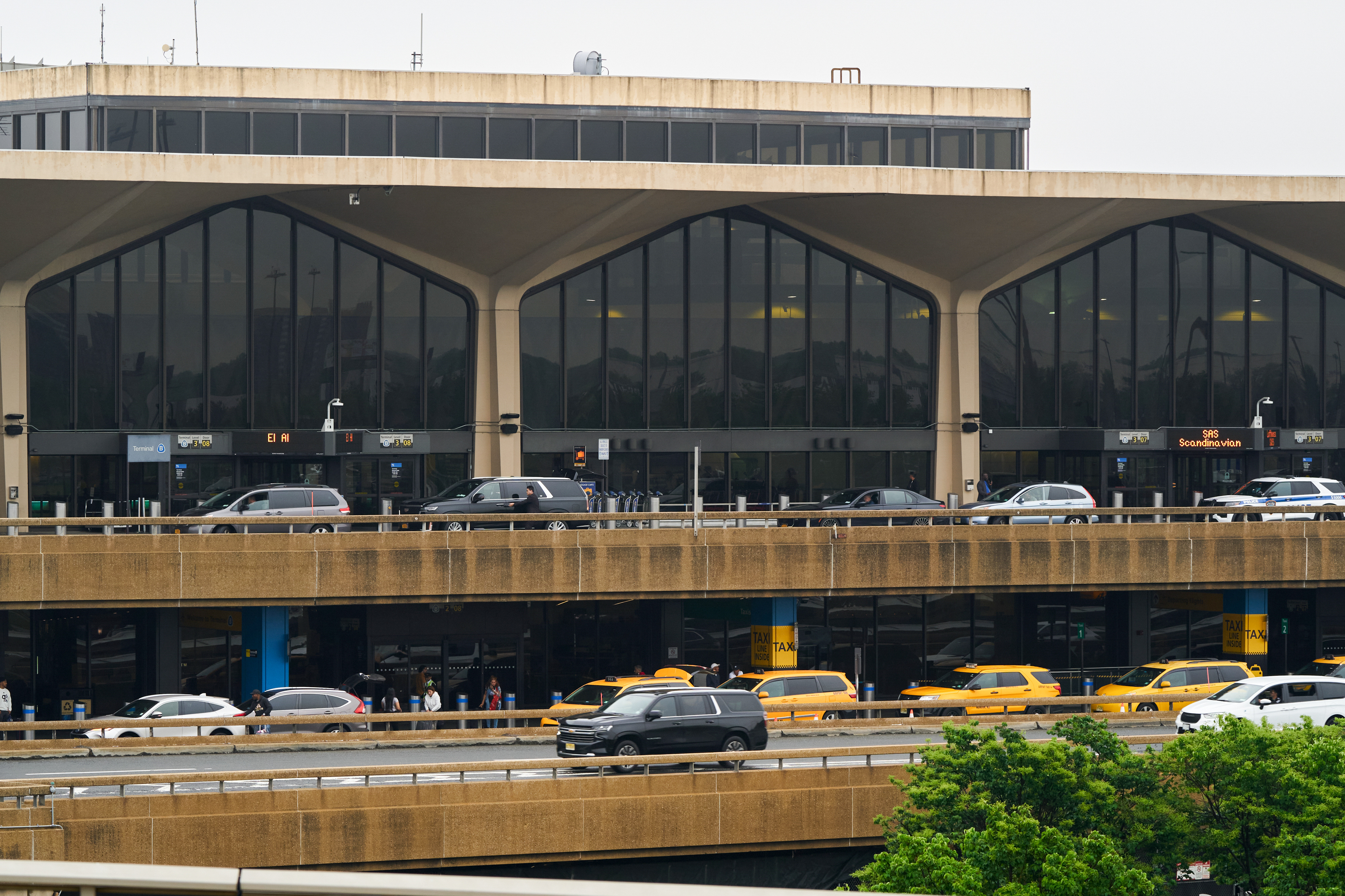Measles Crisis: 1,000+ US Cases & 11 States Hit!
Measles Emergency: Over 1,000 US Cases & Active Outbreaks in 11 States!
Introduction: A Nation Under Threat
Hold on tight, folks! We're facing a serious public health concern. News just broke that the U.S. has surpassed 1,000 measles cases. Yes, you read that right. Measles, a disease we thought was largely conquered, is making a frightening comeback. This isn't just a blip on the radar; it's a full-blown resurgence. And to make matters worse, 11 states are battling active outbreaks. Let's dive into what's happening, where it's happening, and most importantly, what we can do about it.
The Texas Tipping Point: Ground Zero for Measles
When you think of measles in the U.S. right now, think Texas. The Lone Star State is, unfortunately, the epicenter of this outbreak. While recent numbers show a slight dip in newly confirmed cases, the sheer volume of infections originating in Texas is alarming.
Beyond Borders: The Ripple Effect
Texas isn’t an island, and neither is measles. The outbreak there has already spread to neighboring states like New Mexico, Oklahoma, and Kansas. This is a stark reminder that infectious diseases don’t respect state lines. Think of it like a wildfire; if it starts in one area, it can quickly spread to others if left unchecked.
Tragic Losses: The Human Cost
This isn’t just about numbers; it’s about lives. We've received devastating news: Two unvaccinated elementary school-aged children in West Texas have tragically died from measles-related illnesses. And if that wasn't heartbreaking enough, an unvaccinated adult in New Mexico also succumbed to the disease. These deaths are a painful reminder of the seriousness of measles and the importance of vaccination.
Active Outbreaks: States Under Siege
Beyond Texas and its immediate neighbors, other states are also grappling with active measles outbreaks. The CDC defines an outbreak as three or more related cases. Here’s the current list:
- Indiana
- Michigan
- Montana
- Ohio
- Pennsylvania
- Tennessee
Is your state on the list? If so, it's time to be extra vigilant and take necessary precautions.
North American Crisis: A Continental Concern
The U.S. isn't alone in this fight. The entire North American continent is facing measles outbreaks. We're talking about:
- The U.S. (as we've already discussed)
- Ontario, Canada: A massive outbreak with over 1,440 cases reported since mid-October. The situation there is clearly escalating, with nearly 200 new cases in a single week.
- Chihuahua, Mexico: Another significant outbreak with over 1,000 cases.
A Common Enemy: The Same Measles Strain
What's even more concerning is that all these North American outbreaks are caused by the same strain of measles. This suggests a common source and highlights the interconnectedness of our health systems.
Why the Resurgence? Unpacking the Reasons
Why are we seeing this dramatic increase in measles cases? It's a complex issue with several contributing factors. But what's the main driver behind it?
Vaccination Rates: The Crucial Factor
The primary reason for the measles resurgence is declining vaccination rates. Measles is incredibly contagious, and the only effective way to prevent it is through vaccination. When vaccination rates fall below a certain threshold (around 95% for herd immunity), the virus can spread rapidly.
Misinformation and Vaccine Hesitancy: Fueling the Fire
Unfortunately, misinformation about vaccines is rampant, and it's contributing to vaccine hesitancy. False claims about vaccine safety have eroded public trust and led some parents to delay or refuse vaccination for their children. This misinformation is not just wrong; it's dangerous.
Travel and Global Interconnectedness: A Spreading Network
In our interconnected world, diseases can travel quickly across borders. Travelers can bring measles back from other countries where the disease is more prevalent, sparking outbreaks in the U.S.
Measles: Understanding the Threat
What exactly is measles, and why is it so dangerous?
Symptoms and Complications: More Than Just a Rash
Measles is a highly contagious viral infection. Initial symptoms include:
- High fever
- Cough
- Runny nose
- Watery eyes
A characteristic rash develops a few days later. While some people experience only mild symptoms, measles can lead to serious complications, including:
- Pneumonia
- Encephalitis (brain inflammation)
- Death
Measles is particularly dangerous for young children, pregnant women, and people with weakened immune systems.
Contagiousness: A Highly Infectious Disease
Measles is one of the most contagious infectious diseases. It spreads through the air when an infected person coughs or sneezes. The virus can linger in the air for up to two hours after an infected person has left the room. This means you can contract measles simply by being in the same space where an infected person was, even if they're no longer there!
Prevention is Key: Taking Action Against Measles
The good news is that measles is preventable. So, what can we do to protect ourselves and our communities?
Vaccination: The Best Defense
The MMR vaccine (measles, mumps, and rubella) is safe and effective in preventing measles. Two doses of the MMR vaccine are recommended for children, with the first dose given between 12 and 15 months of age and the second dose between 4 and 6 years of age.
Checking Your Immunity: Are You Protected?
If you're unsure whether you're immune to measles, talk to your doctor. They can check your vaccination records or order a blood test to determine your immunity status.
Staying Informed: Spreading Awareness, Not Measles
Educate yourself and your loved ones about measles and the importance of vaccination. Share reliable information from trusted sources like the CDC and WHO.
Combating Misinformation: Separating Fact from Fiction
One of the biggest challenges in addressing the measles resurgence is combating misinformation. How can we do this effectively?
Trusting Credible Sources: Where to Find Reliable Information
Rely on information from reputable sources like the CDC, WHO, and your healthcare provider. Avoid spreading unverified claims from social media or unreliable websites.
Engaging in Constructive Conversations: Addressing Concerns with Empathy
If you encounter someone who is hesitant about vaccination, listen to their concerns with empathy and understanding. Share accurate information and address their fears with facts.
Looking Ahead: What Does the Future Hold?
The measles resurgence is a wake-up call. What can we expect in the coming months and years?
Increased Surveillance: Tracking and Containing the Spread
Public health agencies will likely increase surveillance efforts to track and contain the spread of measles. This includes monitoring cases, identifying outbreaks, and implementing control measures.
Community-Based Interventions: Reaching Underserved Populations
Targeted interventions will be needed to reach underserved populations with low vaccination rates. This may involve mobile vaccination clinics, community outreach programs, and culturally sensitive messaging.
Conclusion: A Call to Action
Conclusion: Time to Act and Protect Our Communities
The measles outbreak in the U.S. is a serious public health crisis. With over 1,000 cases and active outbreaks in 11 states, we need to take immediate action. Vaccination is the most effective way to prevent measles and protect ourselves and our communities. Let's work together to combat misinformation, increase vaccination rates, and stop the spread of this dangerous disease. The health of our nation depends on it. Are you ready to do your part?
Frequently Asked Questions (FAQs)
-
What are the early symptoms of measles, and how quickly do they appear after exposure?
Early symptoms of measles typically appear 7-14 days after exposure and include high fever, cough, runny nose, and watery eyes. A characteristic rash usually develops 3-5 days after the initial symptoms.
-
If I was vaccinated against measles as a child, do I need a booster shot as an adult?
Most people who received two doses of the MMR vaccine as children are considered protected for life. However, if you're unsure about your vaccination status or are at high risk of exposure (e.g., healthcare workers, international travelers), talk to your doctor about whether a booster shot is recommended.
-
How can I tell the difference between a measles rash and other types of rashes?
A measles rash typically starts as flat, red spots on the face at the hairline and spreads downward to the neck, trunk, arms, legs, and feet. Small, raised bumps may also appear on top of the flat spots. Koplik spots (tiny white spots with bluish-white centers inside the mouth) often appear 1-2 days before the rash.
-
What should I do if I suspect I have measles?
If you suspect you have measles, contact your doctor immediately. It's important to call ahead before visiting the clinic or hospital to avoid spreading the disease to others. Your doctor can confirm the diagnosis and recommend appropriate treatment.
-
Is there a treatment for measles, or do I just have to let it run its course?
There's no specific antiviral treatment for measles. Treatment focuses on relieving symptoms and preventing complications. This may include rest, fluids, fever-reducing medications, and antibiotics for secondary bacterial infections. Vitamin A supplementation is also recommended for children with measles, particularly in areas where vitamin A deficiency is common.

